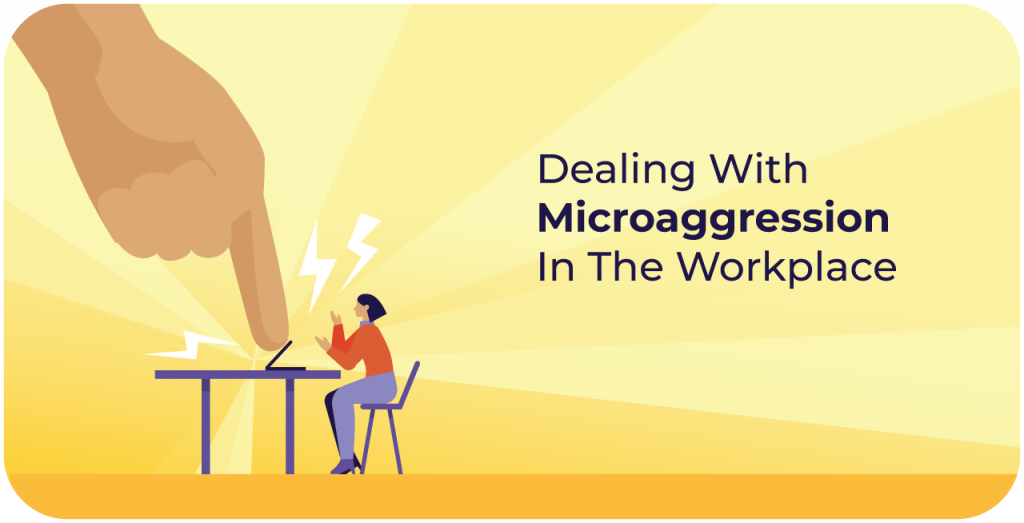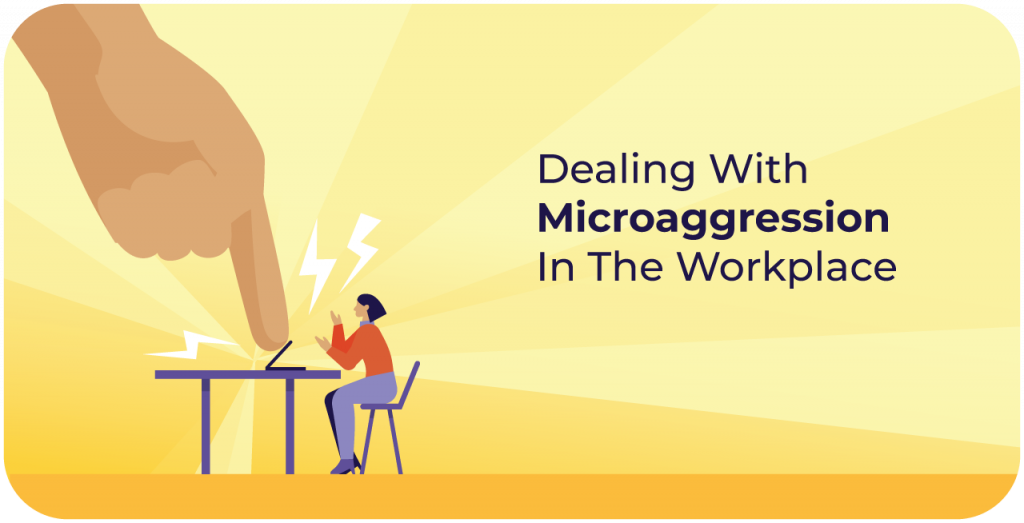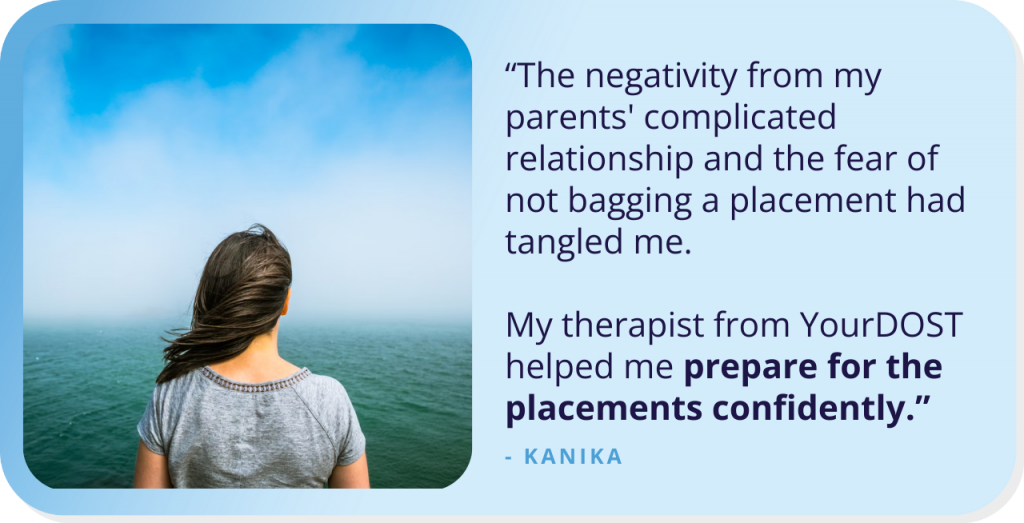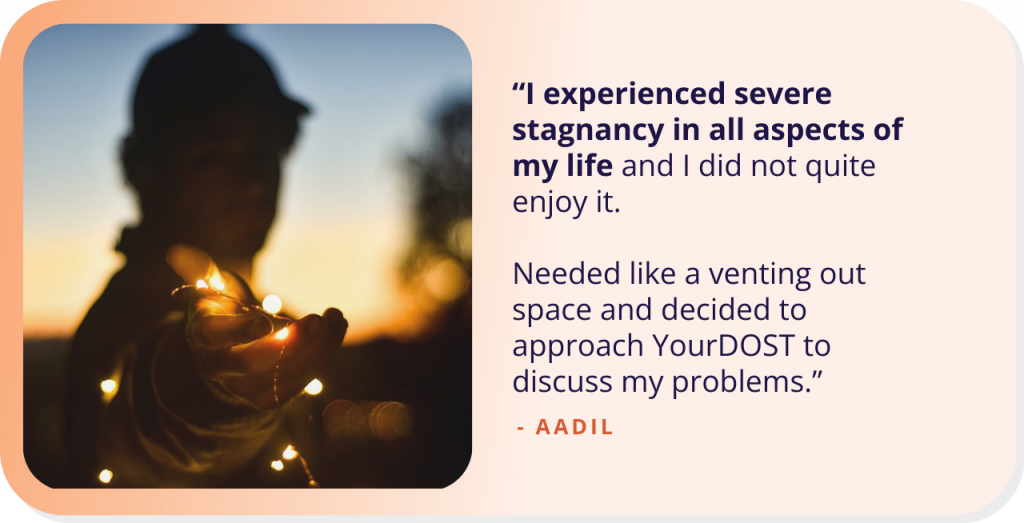
How to Handle Microaggressions at Work: Practical Strategies for a Respectful Workplace

Imagine you’re at work, immersed in your tasks, and juggling multiple deadlines. Your productivity is at its peak, and you’re thriving. Suddenly, a colleague makes a seemingly “funny” comment or an unwarranted remark that catches you off guard. What started as a great day quickly turned sour as you felt unsettled, distracted, and unable to focus.
Beneath the surface of some “innocent” jokes, comments, or actions can lie offensive undertones- these are known as microaggressions. Despite their name, microaggressions are far from minor. In fact, research shows that 75% of people have experienced microaggressions at work, leading to negative self-talk, imposter syndrome, and self-sabotage.
Microaggressions can take many forms. It could be a colleague constantly interrupting you in meetings, condescending remarks, or inappropriate comments about your gender, race, or age. Often, people may not even realize they’re engaging in microaggressions.
While microaggressions can significantly impact your mental health and productivity, there are practical ways to address them effectively in the workplace. Let’s look at some strategies to help you handle microaggressions with confidence.
Imbibe the D.E.A.R. Approach

When faced with microaggression, consider handling it proactively rather than letting it slide. One effective method is the D.E.A.R. approach, which stands for Describe, Express, Assert, and Reinforce.
- Describe: Start by calmly describing the situation to the person responsible for the microaggression. For instance, you might say, “When you commented, ‘You speak so well for your age,’ I noticed…”
- Express: Use “I” statements to express how their remark made you feel. For example, “I felt hurt and frustrated.”
- Assert: Assert what you need from them in the future by saying, “I’d appreciate it if you refrain from making such remarks moving forward.”
- Reinforce: Reinforce your request by explaining the benefits of this change: “This will help create a more respectful work environment for everyone.”
Take a Moment to Pause

Dealing with microaggressions can be emotionally taxing, but it’s essential not to let them trigger an impulsive reaction. Research suggests that mindfulness can help you respond more thoughtfully to offensive remarks.
When you encounter a microaggression, resist the urge to react immediately. Instead of thinking, “How dare they?” ask yourself, “How can I respond without letting my emotions take over?” Take a deep breath and consider your options. You might decide to address the issue with the colleague directly, discuss it with a mentor, or bring it up with HR.
Set Clear Boundaries

Microaggressions often occur because people are unaware of the impact of their words or actions. By setting clear boundaries and expressing how you feel, you can educate others and promote a more inclusive work environment.
- Communicate your boundaries with your colleagues, letting them know that certain comments or behaviors are not acceptable.
- If a colleague crosses the line, address it directly and firmly. If needed, speak with your superiors to ensure your boundaries are respected.
Document the Incident

Microaggressions can be subtle and infrequent, making them difficult to address at the moment. Documenting these incidents is crucial, as it helps you track patterns and provides an official record if the issue escalates.
- Record details like the date, time, location, and nature of the remark or action.
- Note the names of anyone who witnessed the incident.
- If the pattern persists, submit your documentation to HR or management and discuss the next steps.
Identifying microaggressions at work isn’t always straightforward, as they can be subtle or masked as harmless banter. However, by staying alert to social cues and addressing these issues constructively, you can create a more respectful and inclusive workplace. The tips outlined here will equip you with practical tools to deal with microaggressions and navigate challenging situations with confidence.







